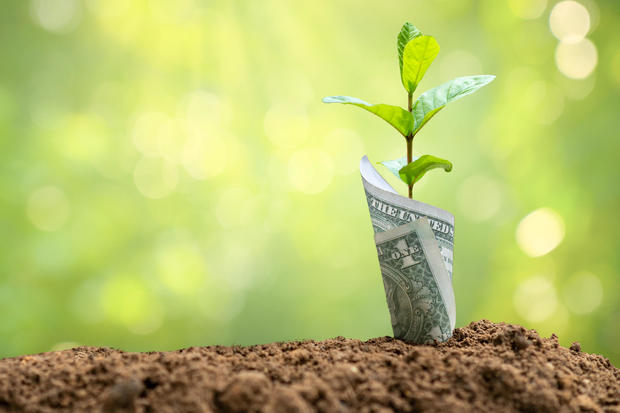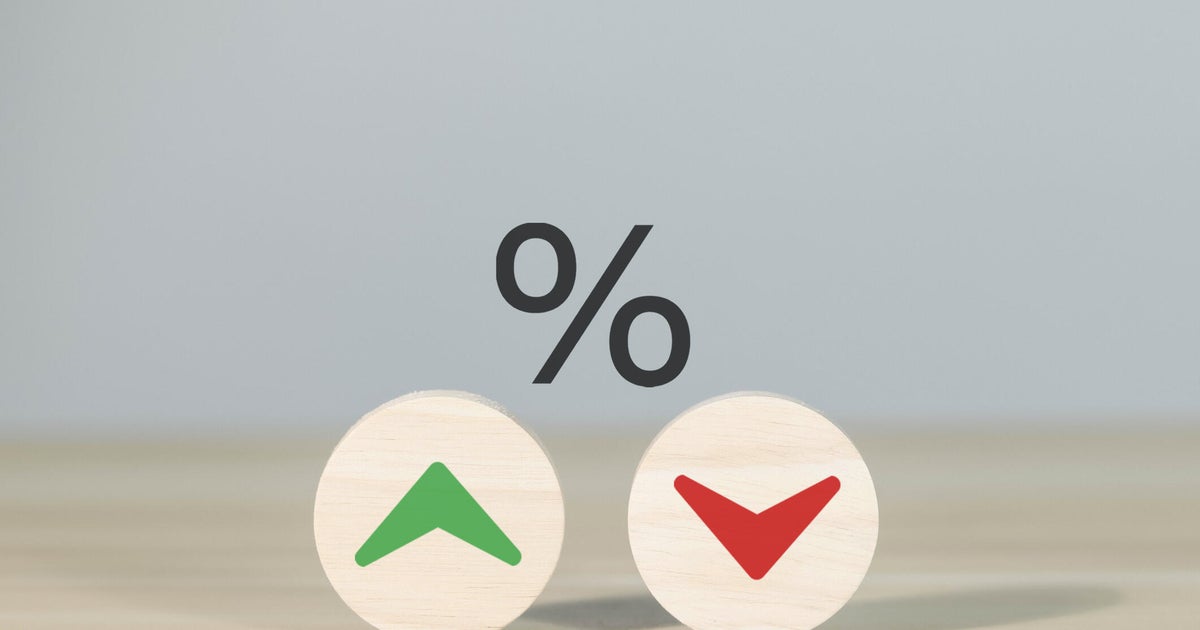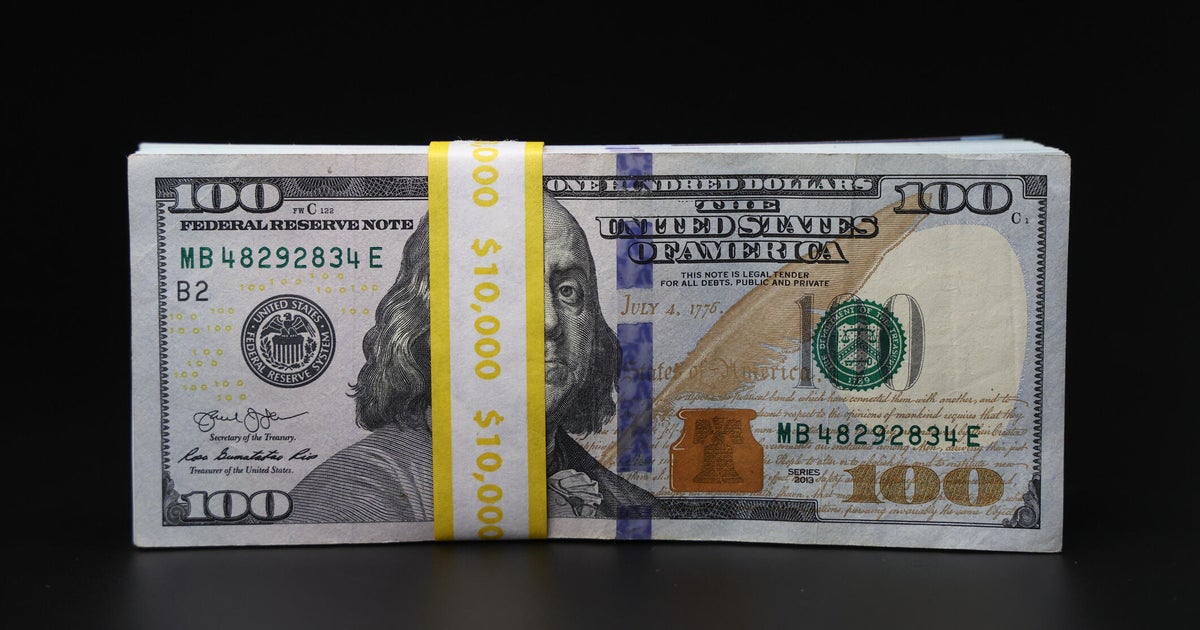How much can you earn with a 6.5% CD interest rate?
While inflation and correspondingly high interest rates have been problematic for millions of Americans in recent years, there have been positive developments for savers. Thanks to the elevated interest rate climate, returns on savings vehicles like high-yield savings and certificates of deposit (CD) accounts have surged. Those who open one of these accounts now can earn exponentially more interest than they would have if they had acted in 2020 or 2021.
But the window of opportunity may soon be closing. Inflation has dropped significantly from a 40-year high in June 2022, and most experts are predicting interest rate cuts for this year, possibly as soon as May or June. Against this backdrop, savers who have yet to take advantage of this rate climate would benefit by acting quickly.
One great way to do so is by opening a CD account now. Rates on CDs are locked, meaning that the returns on these accounts will remain consistent even if rates were to be cut before the CD maturity date. Before getting started, however, it's beneficial to understand what exactly can be earned. While rates on CDs will vary based on various factors, it's not difficult to find a CD with a 6.5% interest rate right now. Below, we'll calculate what savers can expect to earn with a CD that comes with that rate.
Start earning more on your money with a top CD account here now.
How much can you earn with a 6.5% CD interest rate?
Many factors will determine what you can earn with a CD.
The amount of your deposit, the interest rate you secure and the term (or length of time) of your CD are all influencing factors. Even the bank you use can dramatically influence your return (online banks generally offer higher interest rates than banks with physical locations). And while, traditionally, long-term CDs typically offered higher rates than short-term CDs, that hasn't been the case in today's volatile rate climate.
That all noted, here's what savers can expect to earn at the end of 12 months (a short-term CD) based on various deposit amounts:
- $500 deposit: $32.50 for a total of $532.50 after 12 months
- $1,000 deposit: $65 for a total of $1,065 after 12 months
- $2,500 deposit: $162.50 for a total of $2,662.50 after 12 months
- $5,000 deposit: $325 for a total of $5,325 after 12 months
- $10,000 deposit: $650 for a total of $10,650 after 12 months
- $15,000 deposit: $975 for a total of $15,975 after 12 months
- $20,000 deposit: $1,300 for a total of $21,300 after 12 months
Ready to earn more with a CD? Get started here today.
Compare the alternatives
While the locked, high rates that CDs come with are a top feature, it's useful to compare this savings vehicle against some popular alternatives. Traditional savings accounts come with a minimal 0.46% average interest rate right now, making them a poor substitute for CDs (and you're likely losing money by keeping your funds in one of these account types).
High-yield savings accounts may be attractive for others but, unlike CDs, the interest rate these accounts come with is variable so it will change and decrease over time. And the highest rates are generally found with CDs, not high-yield savings accounts. That said, you'll be able to access your money in a high-yield savings account without penalty (unlike CDs), so it may be worth splitting your funds between both account types to enjoy the benefits each provides.
Explore your high-yield savings account options online.
The bottom line
CD interest rates are high right now. And if you can secure an account with a rate of 6.5% (which isn't difficult if you shop around online) you could earn hundreds of dollars in returns and possibly more than $1,000, depending on your deposit amount. Compared to the low interest rates traditional savings accounts currently offer — and the risk of a variable rate that high-yield savings accounts inherently come with — it's smart to open a CD now while rates are still high. By acting now, you are guaranteed elevated returns for months to come, despite any economic uncertainty during that time frame.




